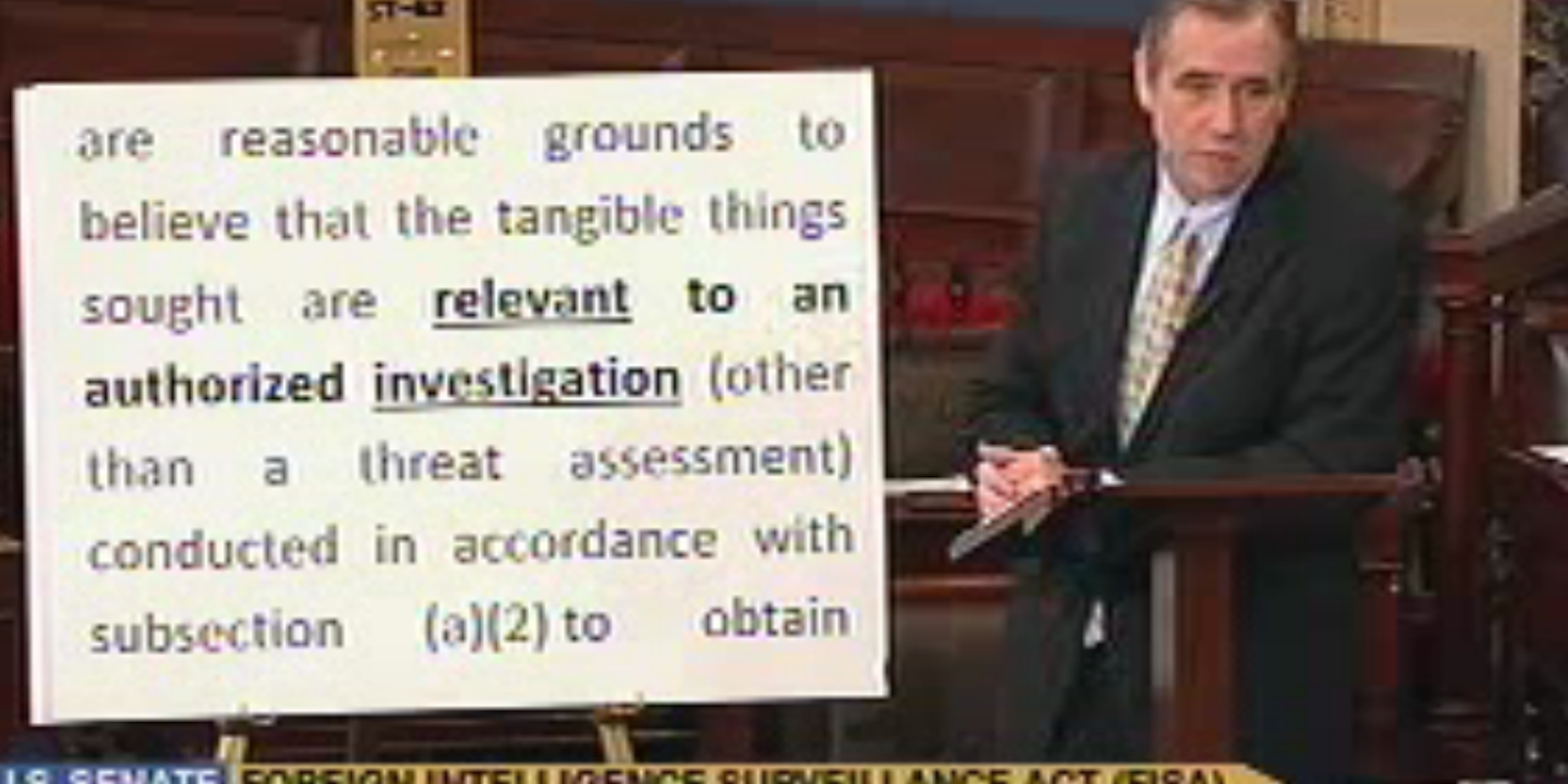The Senate waited months, but it’ll wait one more day before deciding whether the U.S. government should continue to be able to spy on your emails.
The one thing it did decide Thursday is that if, as it expected, the Senate does pass the FISA Amendment Act—which will let agencies like the FBI and NSA continue to monitor citizens’ emails without a warrant—that act will be unfettered.
Four senators introduced FISA amendments Thursday, each aimed at curtailing the act, which has given privacy advocates fits. And though it pushed back one, authored by Ron Wyden (D-Oreg.), until Friday, the Senate said no to three after a full day of debates Thursday.
And it’s no, to Patrick Leahy (D-Vt.), who had requested that FISA be renewed for only three years, instead of five, when President Obama will be out of office and Congress will look very different. That lost by a vote of 38-52.
That’s a no to to Jeff Merkley (D-Oreg.), who proposed that the government should not be forced to disclose secret FISA court rulings. Though the actual text of FISA is easily accessible, its interpretation has changed wildly. It was originally created to refer to wiretapping, before email was even invented, and its original intent was just to spy on foreign powers—to monitor U.S. citizens instead. That lost 37-54 (60 votes are needed to pass).
It’s also a no to Rand Paul (R-Ky.), who said that FISA is a violation of the Fourth Amendment, which protects “the right of people to be secure[…]against unreasonable searches.” Paul wanted to battle any classified interpretations of FISA with an amendment that explicitly made clear that the Constitution would prohibit FISA’s existence. That lost 12-79.
Those three amendments, as well as Wyden’s, were opposed at every turn by Dianne Feinstein (D-Calif.). This included indicating to Wyden that concern for U.S. citizens who haven’t broken laws was “not a problem.” She added that FISA wasn’t secretive, since the actual text of FISA is visible for all to see—which is true, though court interpretations used to allow citizens’ email access of it is classified.
The actual FISA Amendment Act, as well as Wyden’s amendment, are scheduled for a Senate vote Friday morning. The former is expected to pass, the latter, to fail.
Screengrab of Merkley via C-SPAN


